
ActionAid Ghana is implementing a five-year project, with funding from the Dutch Ministry of Foreign Affairs, which aims to empower 6,000 rural women and influence their ability to control their income by practicing climate-resilient Sustainable Agriculture (CRSA).
The Project, dubbed: "Promoting Opportunities for Women's Empowerment and Rights" (POWER), is in recognition of the drudgery of Unpaid Care Work (UCW) and promoting economic livelihood opportunities for women and seeks to advocate for a reduction and redistribution of the work burden on women while ensuring their economic sustainability by supporting them to access markets and other productive resources.
The Project is being implemented in collaboration with six local partners in 5 regions in Ghana, namely the Northern, Upper East, Upper West, Brong Ahafo and the Volta regions.
The local partners are SONGTABA, Botitaba Nahira Taaba Development Union (BONATADU), Widows and Orphans Movement (WCM) and the Social Development and Improvement Agency (SODIA).
The others are the Centre for Agricultural Research and Development (CARD) and the Global Action for Women's Empowerment (GLOWA).
Addressing participants at the opening of the workshop in Accra on Thursday, Mr Sumaila Abdul-Rahman, Country Director, ActionAid Ghana explained that "POWER" was an extension of a three-year Women's Rights to Sustainable Livelihoods (WRSL) Project which was successfully implemented in Ghana.
Mr Abdul-Rahman said the POWER Project would build on the gains of WRSL by addressing women's economic empowerment in an integrated approach.
In a presentation, the Project Co-ordinator, Ms Nafisa Azumi, said the campaign against UCW was to advocate for flexible working conditions for all females, especially those in the rural areas.
Ms Azumi explained UCW as a situation in which females perform so many "wifely and homely duties" to the detriment of their economic careers. She mentioned cleaning, washing, fetching water, taking care of children, carrying firewood as well as satisfying their partners sexually as examples of UCW.
She said there was the need for society to collectively work to influence policies and change attitudes and perceptions and to relieve females of their many burdens, adding that care work should be valued, reduced and re-distributed.
In a presentation on Gender-Based Violence (GBV), Mrs Victoria Natsu of the Ministry of Gender, Children and Social Protection (MoGCSP), urged all stakeholders to support the efforts of government and NGOs to eradicate gender inequality in the Ghanaian society.
Ms Natsu described Female Genital Mutilation (FGM), forced and early marriages, sex tourism and honour killings and other physical, sexual, psychological and social abuses as violence against women and an abuse of their rights.
She said MoGCSP was working in collaboration with ActionAid Ghana in advocating for policies that promoted gender equality and the rights of women.
ActionAid Ghana is an affiliate of Action Aid International, an international Non-Governmental Organization (NGO) whose primary aim is to work against poverty and injustice worldwide.
ActionAid was founded in 1972 by Cecil Jackson-Cole as a child sponsorship charity (originally called Action in Distress) when 88 UK supporters sponsored 88 children in India and Kenya, the primary focus being on providing children with an education.
Read Full Story
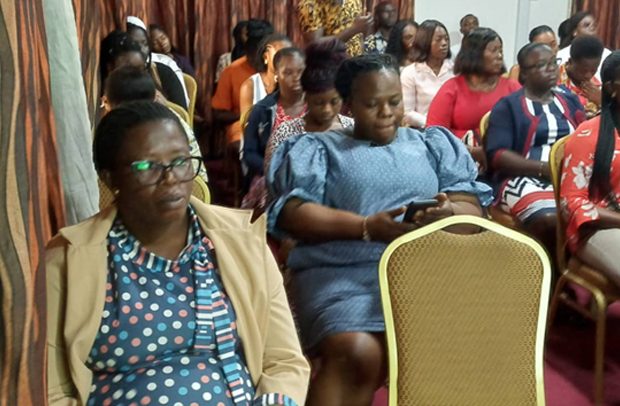
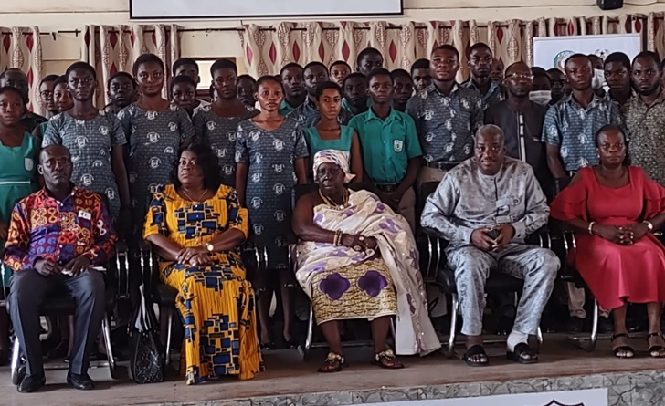
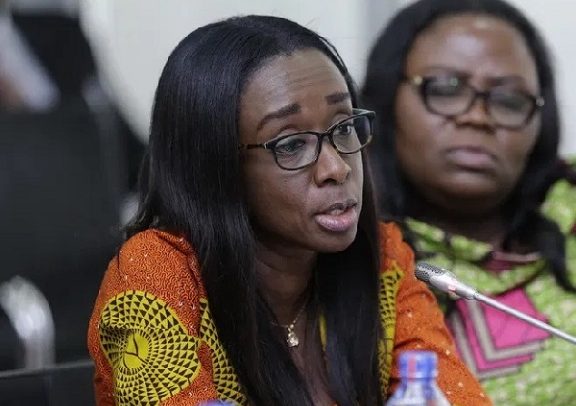
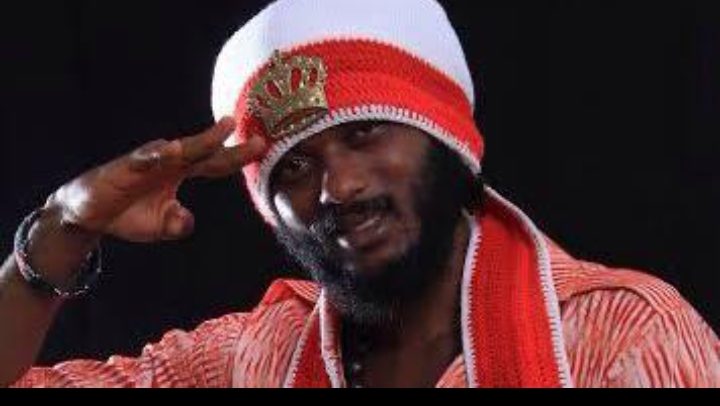
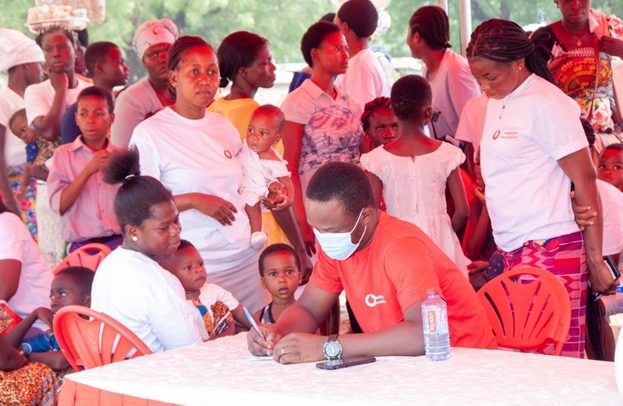
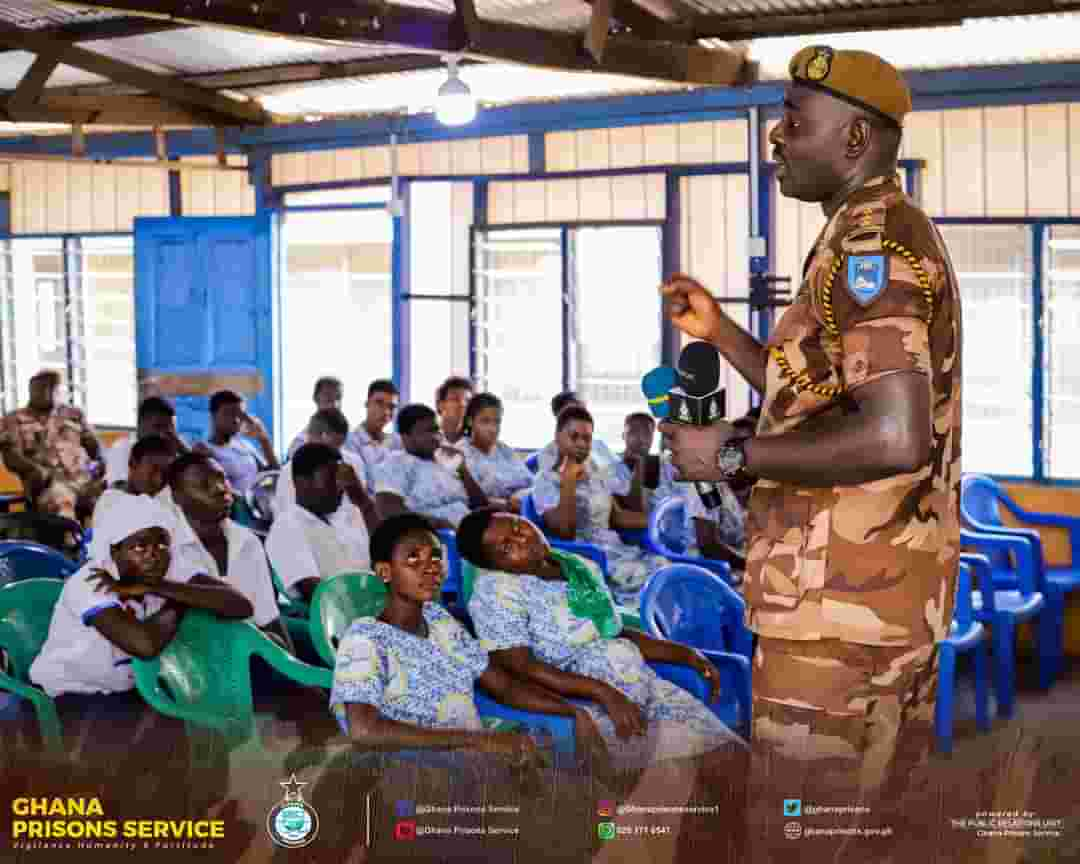











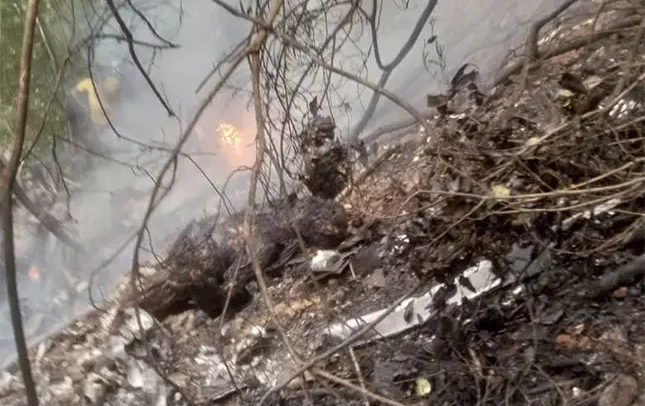
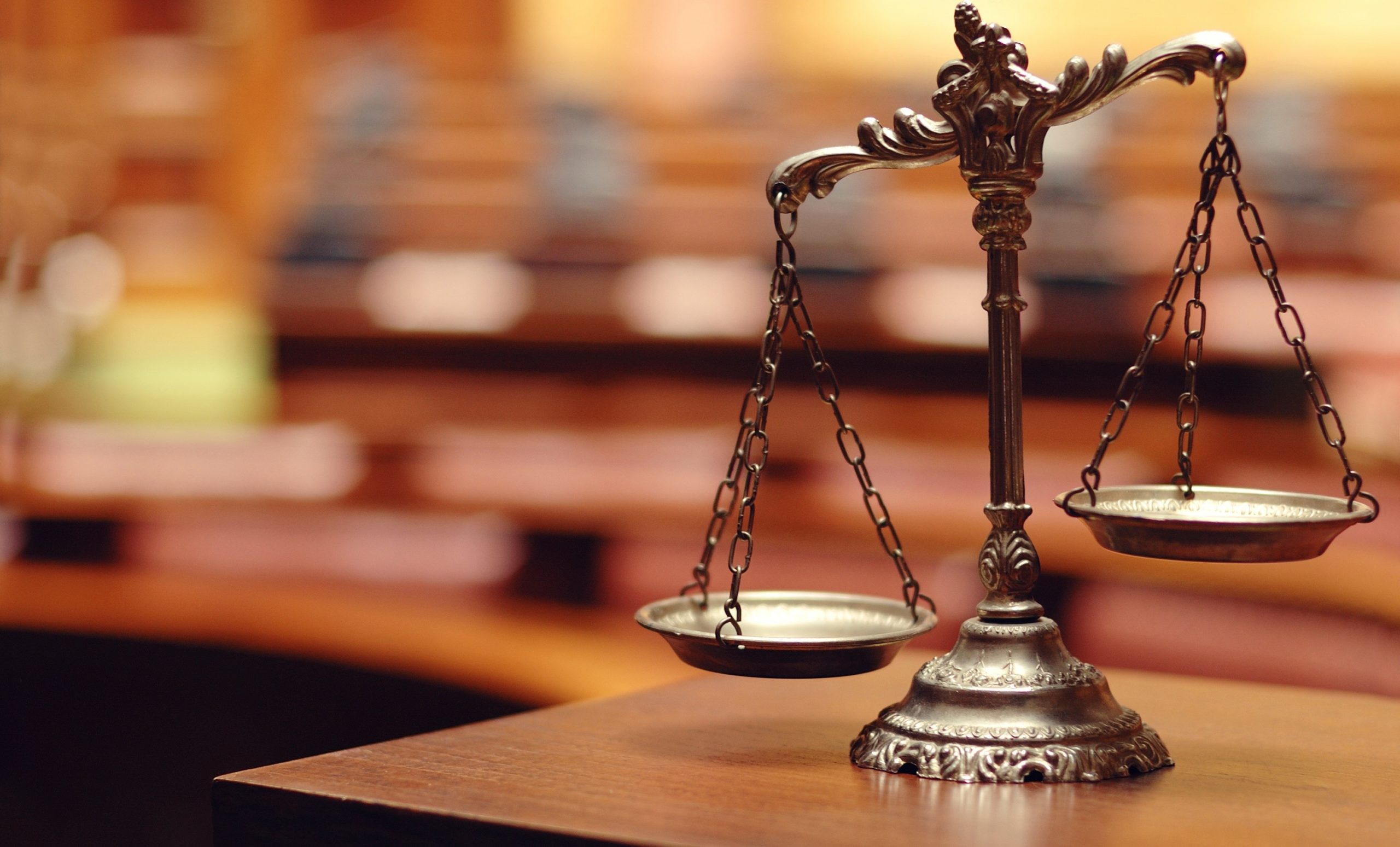
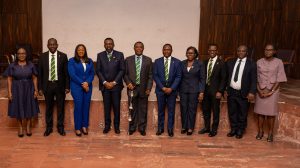



Facebook
Twitter
Pinterest
Instagram
Google+
YouTube
LinkedIn
RSS